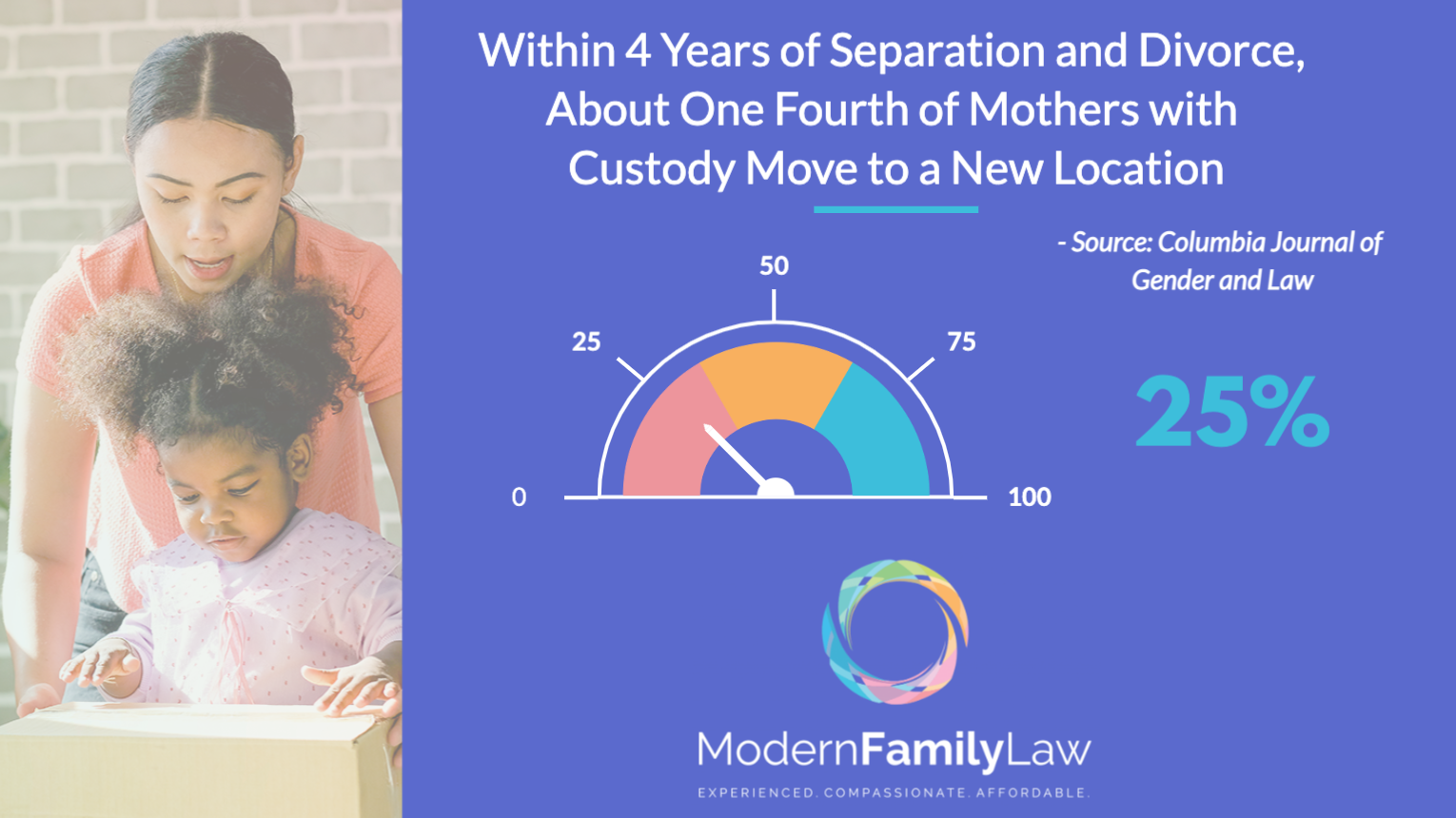Tip 1: Demonstrate A Compelling Reason For the Move
To gain court approval, you’ll need to show that relocating will positively impact your child’s life. This could include improved educational opportunities, proximity to extended family for support, or better job prospects that would enhance financial stability. Courts look closely at the reasons for relocation, so it’s essential to build a case that puts your child’s needs front and center.
- Educational Benefits: Highlight specific schools or programs in the new location that would better support your child’s learning and growth.
- Family Support: Emphasize the emotional and logistical benefits of living closer to family members who can help with childcare or provide a stable support network.
- Financial Stability: If the move will result in a better job or lower cost of living, explain how this would create a more secure environment for your child.
According to the American Bar Association, the main factors influencing relocation decisions include access to quality education, emotional support from family, and the overall well-being of the child.






